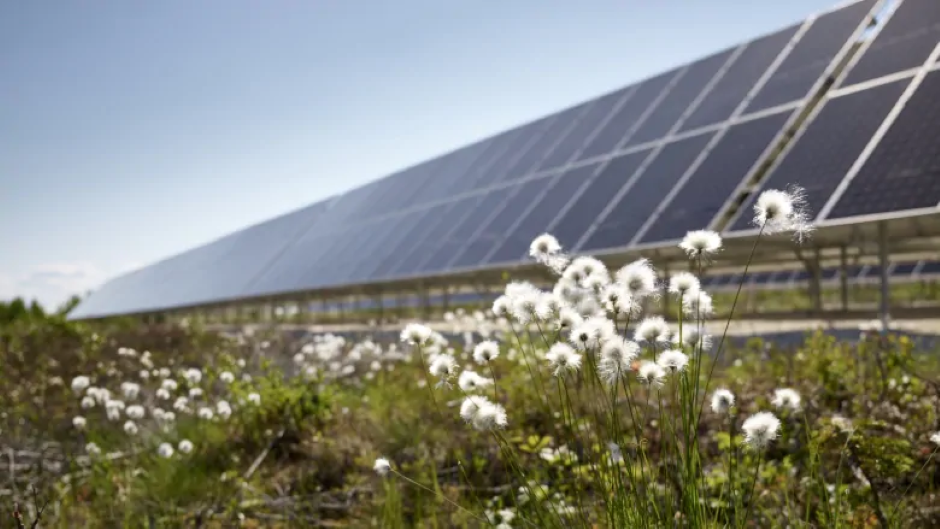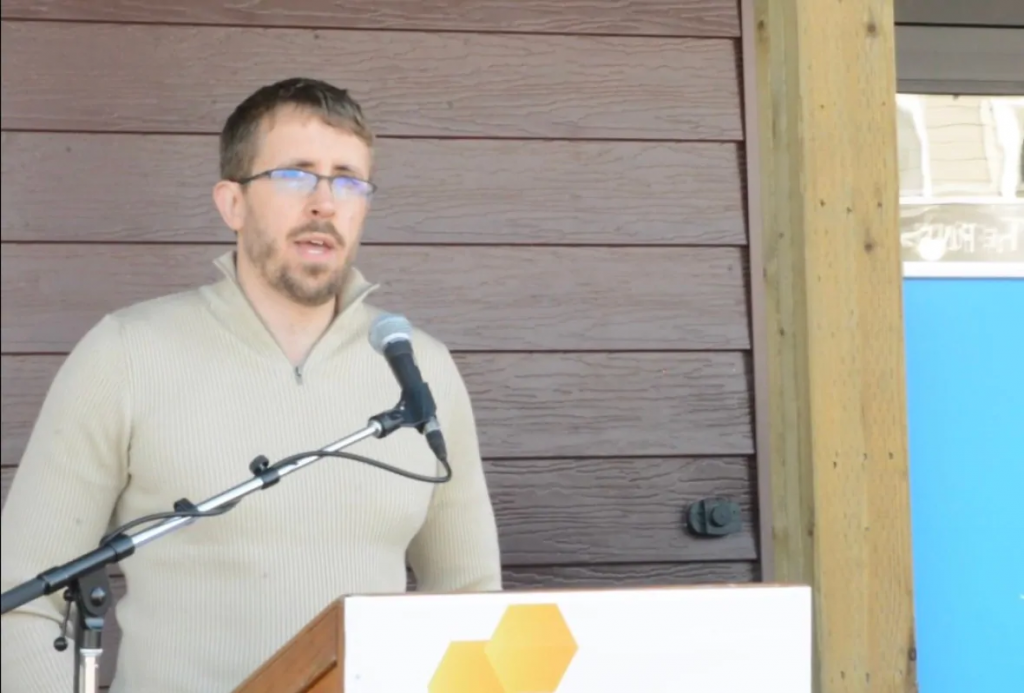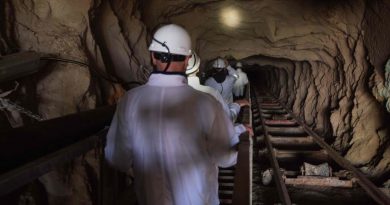Company promises $2.1M solar project in Canada’s Yukon territory

A private company is pledging to build Yukon’s biggest solar project to date.
Solvest Inc. has announced plans to build a new solar farm on private property outside Whitehorse along the North Klondike Highway. The company expects the $2.1-million project will pay for itself in less than a decade.
The facility would connect 4,000 new solar panels to Yukon’s grid, creating almost two GWh of power per year.
Ben Power, VP and co-founder of the Whitehorse-based company, said this would be equivalent to the power used every year on average by 153 Yukon homes.
Yukon Energy, the territory’s supplier of power, also pledged on Monday to buy electricity from the solar farm for 25 years.
According to Solvest, the new project would break records in northern Canada.
Construction this fall
Power said on Monday that the cost of construction would be about $2.1 million.
This is being paid by the company which will wholly own the solar farm. The investment was helped by a $250,000 grant through the Yukon Development Corporation’s Innovative Renewable Energy Initiative.

The company is planning to build the solar farm on what it described as private property alongside the North Klondike Highway. Company officials did not reveal the exact location, or say who owns the property and what purpose it serves now or whether Solvest would be paying rent.
The company said the project will not be required to go through the Yukon Environmental and Socio-Economic Review Board (YESAB), nor will there be any required public consultation.
The total array could span about than 24,000 sq. m.
Assembly and construction would be scheduled to begin in August and last three months.
Power said the company expects to recoup its costs within “six or seven years.”
That is partly because Yukon Energy has pledged to buy the electricity at a guaranteed rate for 25 years.
The agreed-upon rate is 15.8 cents/kWh, said Yukon Energy president and CEO Andrew Hall. The amount will be automatically indexed for inflation so as to increase over 25 years.
Hall said the purchase will allow Yukon Energy to reduce fossil fuel use, especially in April through June when water reserves at the Whitehorse hydroelectric dam are at their lowest.
Yukon a ‘national leader,’ minister says
The project is the second to happen under a new policy: the Yukon government’s Independent Power Production policy’s standing offer program, which was established in January. It allows businesses, First Nations and individual owners to sell power to the territory’s grid for a guaranteed amount of time.
The largest solar project currently in Yukon is in Old Crow, and is operated by the Vuntut Gwitchin government.
Yukon Minister of Energy, Mines and Resources Ranj Pillai said the growing use of micro-generation is “establishing Yukon as a national leader in installed capacity per-capita.”
Micro-generation in Yukon currently generates about one per cent of Yukon’s total energy. The vast majority is being provided by the Whitehorse hydroelectric dam supplemented by liquefied natural gas (LNG) and diesel generators during times of peak use.
Related stories from around the North:
Canada: Another Yukon community lines up for solar power in northwestern Canada, CBC News
Finland: Few Finns willing to make sacrifices alone for climate, poll finds, Yle News
Norway: Unfazed by youth climate protests, Norwegian gov expands Arctic drilling, The Independent Barents Observer
Russia: Norilsk, Arctic Russia is world’s largest sulfur dioxide emissions hotspot: report, The Independent Barents Observer
Sweden: Local councils in Sweden more interested in climate change preparedness, Radio Sweden
United States: Alaska remote diesel generators win exemption from pollution rule, Alaska Public Media



